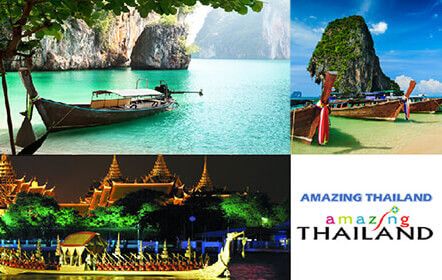Make sure your sunscreen is not on the banned list in Thailand
The four chemicals are Oxybenzone (Benzophenone-3, BP-3), Octinoxate (Ethylhexyl methoxycinnamate), 4-Methylbenzylid Camphor (4MBC) and Butylparaben.
The Tourism Authority of Thailand (TAT) would like to advise tourists on the use of sunscreen that contains certain chemicals deemed harmful to coral reefs, which is now banned across all of the country’s national parks.
The ban came into effect following an announcement by the Department of National Parks, Wildlife and Plant Conservation that was published in the Royal Thai Government Gazette on 3 August, 2021.
It prohibits the bringing of and use of sunscreen containing any of the four chemicals into Thailand’s national parks.
The four chemicals are Oxybenzone (Benzophenone-3, BP-3), Octinoxate (Ethylhexyl methoxycinnamate), 4-Methylbenzylid Camphor (4MBC) and Butylparaben.
Violators can be fined up to 100,000 Baht.
The announcement cited studies that have found several chemical compounds in sunscreen products are harmful to coral reefs, destroying coral larvae, obstructing their reproductive system and causing coral bleaching.
Tourists preparing for a trip to Thailand’s national parks are advised to check that the ingredients list does not contain any of these chemicals. They should instead look for sunscreen that is coral friendly and which uses mineral-based products; such as, zinc oxide. The use of water-resistant sunscreen is also recommended, as is the wearing of hats and long-sleeved swimwear to help reduce the need for excessive use of sunscreen.
Southern Thailand’s beautiful beaches and coral reefs are a major drawcard for tourists. By adopting an environmental approach, we can help ensure they stay as such.
Cr:Tat
















COMMENTS